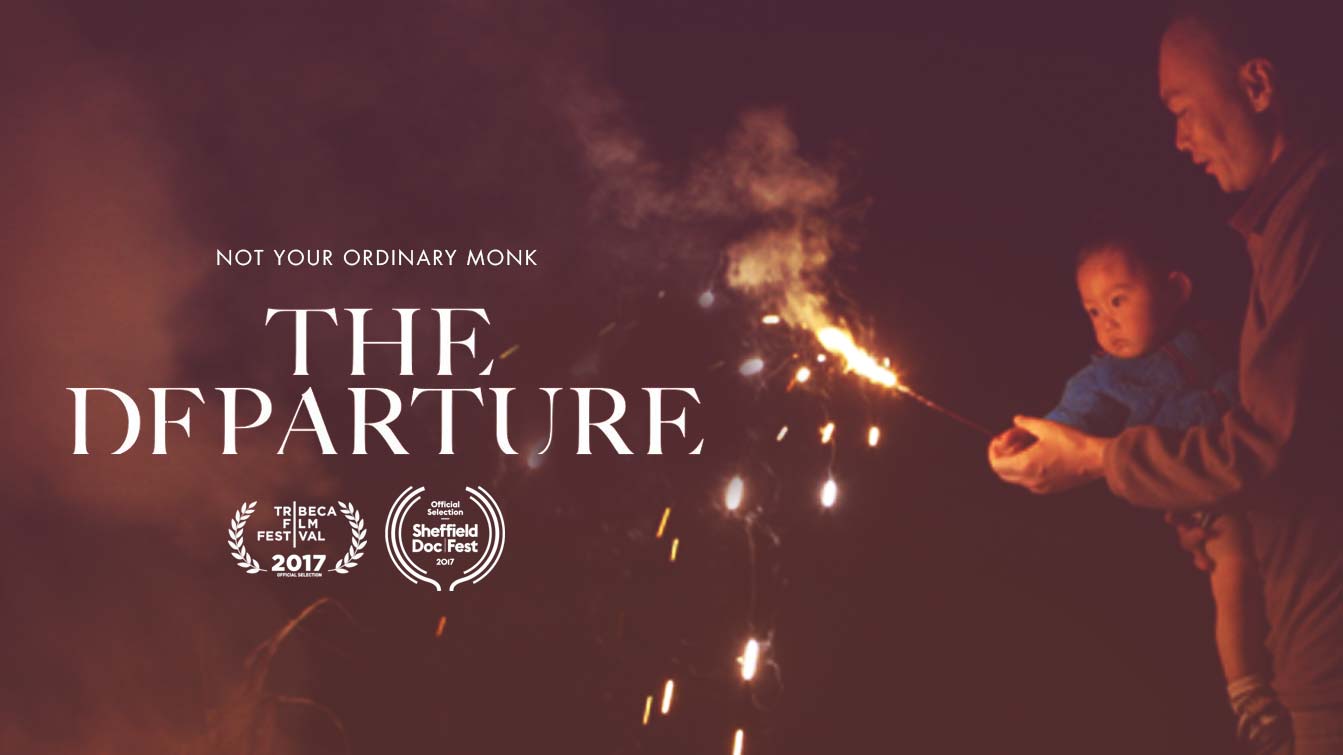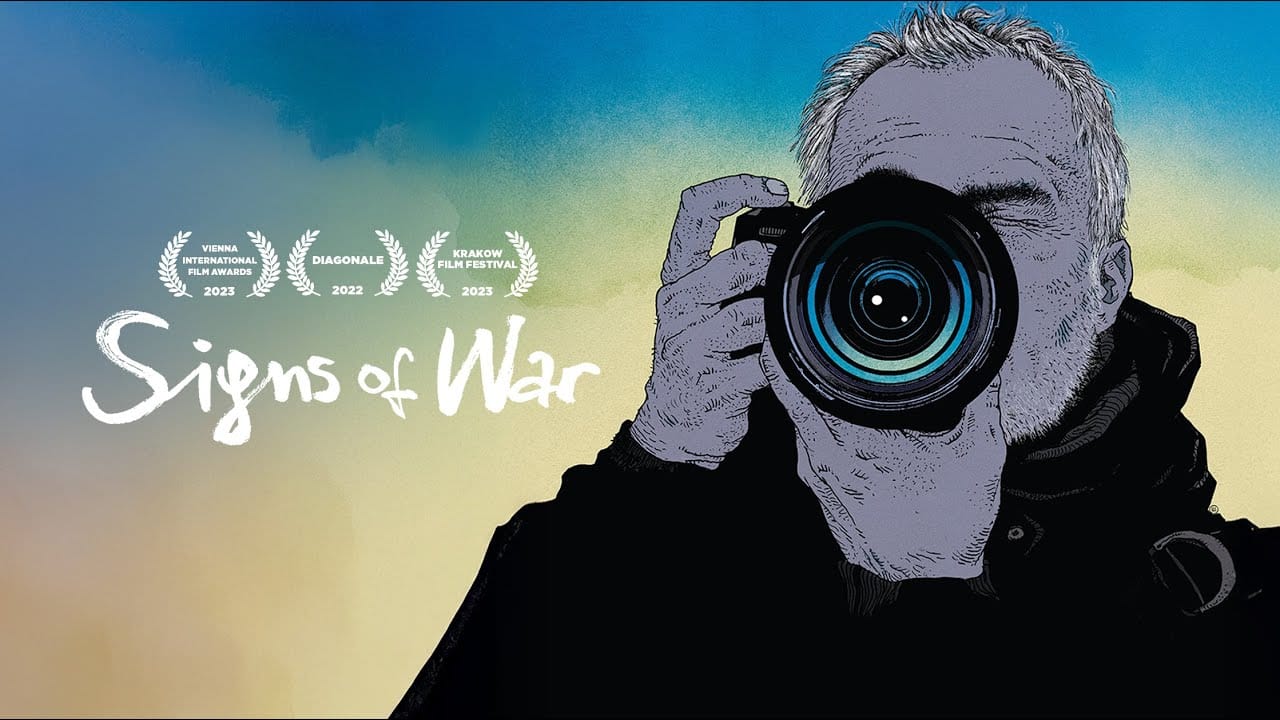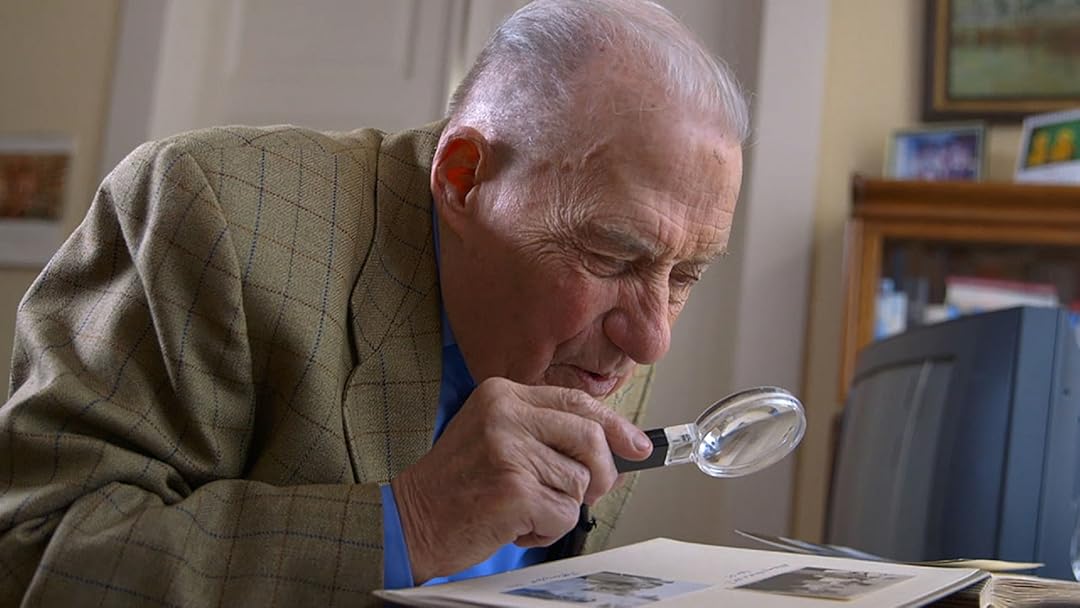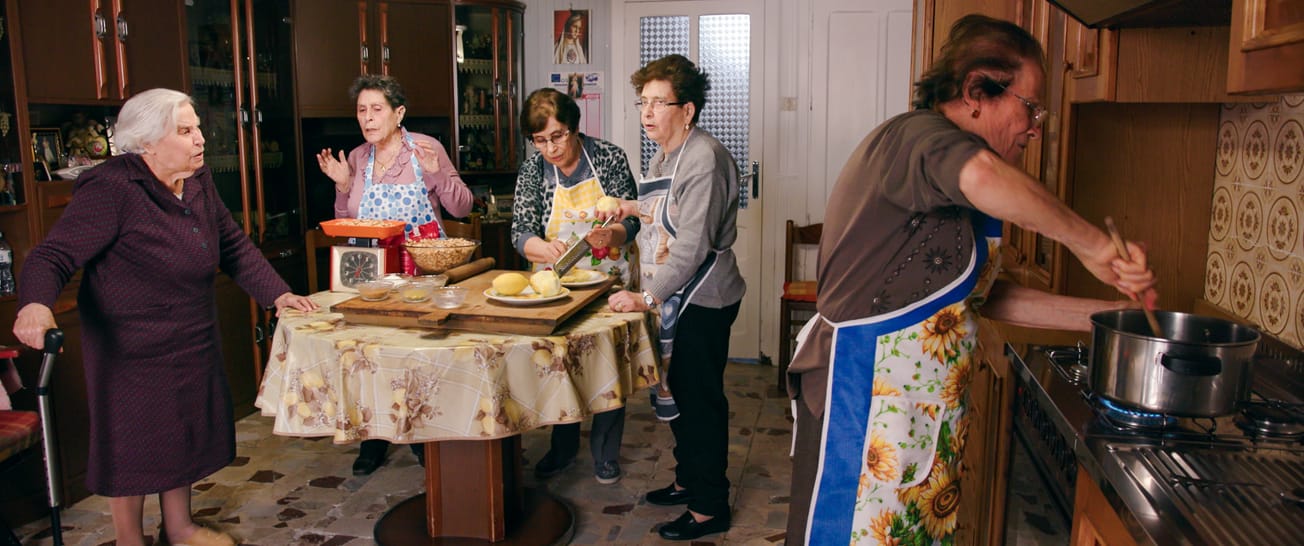The Departure opens with a man dancing in a nightclub, followed by riding his motorcycle through the dark city streets and out into the serene Japanese countryside as the sun rises around him. As he walks through his home, his toddler son follows him enthusiastically.
The man is Ittetsu Nemoto, a Zen Buddhist priest who has made a career out of counselling the suicidal.
In a quiet but hauntingly emotional retreat, Nemoto announces to the participants, “Welcome to the departure,” informing them that the retreat is being held for them to find out what it means to die. He gently coaxes them through the steps, first instructing them to write down 9 separate things on 9 pieces of paper—3 things that they would want to have most in the world, 3 people that are important to them, and 3 things that they’d want to try or do.
One by one, he tells them to ball up and throw away the strips of paper that they have prepared, until there are none left.
“Now you’ve lost everything,” he says, “This is death.”
“I’ve been working on suicide prevention for ten years. I’m trying to figure out why people become so desperate that they commit suicide.” – Ittetsu Nemoto
At a suicide prevention discussion panel, Nemoto reveals how people come to him, telling him that “they have no hope, and that there’s no reason for them to live.” He tells them that there is no point in chasing something that isn’t there, instead suggesting “let’s create our own hope by being together.”
Throughout the film, Nemoto shows impressive dedication to his work. As he walks through the city streets, he receives a straightforward text. I want to die. He sits down in a restaurant with a man, who, over a meal of tempura don and cha soba, announces that he recently poured gasoline all over his bedsheets and told himself to light it up. In his car, he sits and listens attentively while a woman tearfully tells him that she knows she shouldn’t die, but she can’t stand herself. Gently, quietly, without a trace of judgment, he asks her to tell him if she decides to die, because he needs to know why.
“I think it’s important for people to know that death means forever disappearing.” – Ittetsu Nemoto
However, the dedication to his work comes at a great personal cost to himself and his family, both mentally and physically. In a quiet conversation with his wife, he tells her about someone who was too ashamed to be treated at a hospital, but changed their mind after speaking to him. He admits that it’s difficult because he takes on so much of their suffering when he’s counselling and has to put on a strong face, and how he can never show them how draining it is.
At the hospital, doctors tell Nemoto that his lungs are enlarged, that he is at risk of having a heart attack, that his arteries are at risk of clogging—but with the emotional burden of caring for his patients (“That’s why I can’t quit doing this kind of work. If I didn’t do it, and they died…”), what can Nemoto do?
Catch the full story of Nemoto’s quest to counsel the suicidal and how being personally affected by suicide has altered the course of his life in The Departure, which was nominated for a 2018 Independent Spirit Award for best documentary.
To stream The Departure and more of the best documentaries from around the world, sign up for a free trial on www.iwonder.com today. Film availability may vary according to country.
Stream The Departure documentary on iwonder here:










